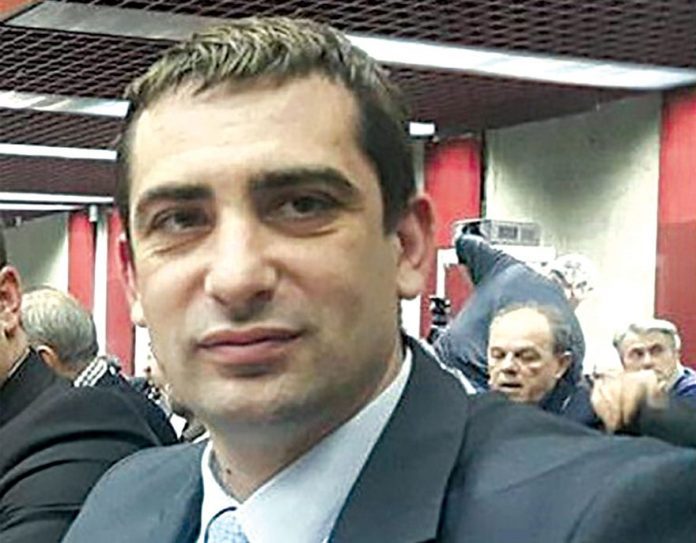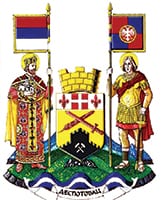
 Many municipalities in Serbia first experienced the advantages of digitisation in the field of culture and historical heritage, and Despotovac Municipal President Nikola Nikolić says that this is the natural and logical way for these towns.
Many municipalities in Serbia first experienced the advantages of digitisation in the field of culture and historical heritage, and Despotovac Municipal President Nikola Nikolić says that this is the natural and logical way for these towns.
Why is this segment particularly important for Despotovac? Are you planning new projects to digitise cultural heritage or introduce innovations in institutions like the National Library?
– Our municipality sees a special significance of digitisation in the domain of culture, given that heritage is an enormous cultural and spiritual inheritance, primarily considering the fact that our territory possesses the pearl of medieval Serbian culture that is Manasija (Resava) Monastery.
The “Resavska Škola” National Library entered the process of automating operations around ten years ago. The complete fund of the library has been entered into a database and all interested parties can access and search it via the library programme. Last year saw the start of the digitising of homeland material and I believe they have completed the scan of the publication “Naše komune” (Our Commune), a local newspaper that was published in Despotovac between 1967 and 1990.
The digitisation of other homeland materials will now continue, which will be of great importance to both Despotovac locals and numerous researchers from around the country and the world.
Can citizens count on the local self-government being more committed to introducing and developing electronic services in the period ahead?
– Unfortunately, not much has been done in the Despotovac Municipality Administration over recent years to develop the electronic services that would ease communication between citizens and municipal services. With the exception of the municipal geodetic service, which was among the first in Serbia to automate a large part of its activities, and several other services – like the registrar, which have partially entered into the digitisation process, I can say that not much has progressed in this field. There are many reasons, but they can be boiled down to personnel and material reasons; the small municipal budget, from which more significant funds could not be allocated for the education of employees and the procurement of appropriate equipment, and often also a lack of motivation among people to get more actively involved in the automation of operations.
Unfortunately, my predecessors weren’t devoted to this important work either, so the situation we find in this area is not encouraging. Recognising the importance of electronic services, I will do everything in the period ahead to make it easier for citizens of the municipality of Despotovac to obtain numerous documents that are within the jurisdiction of municipal services.
Despotovac counts on the help of the state in the development of electronic services, as well as other municipalities in the vicinity that have good results and experience
What are the main challenges ahead on this road and can you rely on the help of state authorities?
– I am certainly counting on the help of the state, primarily the Ministry of State Administration and Local Self-Government, both in material and educational terms. The challenges and dangers in the realisation of this work, as in all other spheres of life and work, lie in people.
In the Municipality of Despotovac, as in other smaller municipalities in Serbia, there are not many staff members who are from the IT sector and who would be helpful in this activity, so we will have to hire younger staff and train them as necessary for the specialised jobs that will be required for the automation of the operations of municipal services. We will also use the help and experience of other municipalities in our vicinity that have achieved good results in this area.